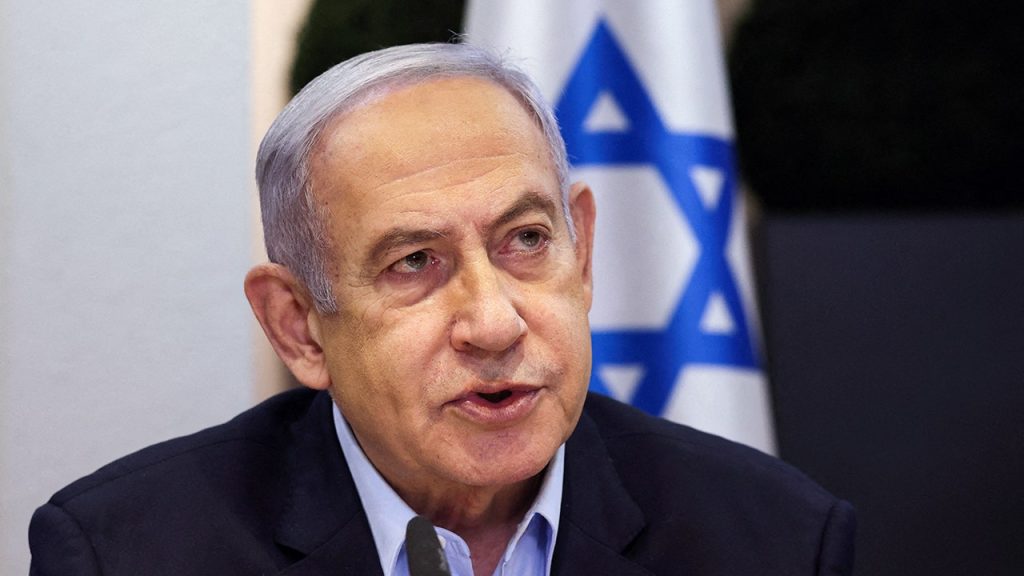Israeli Prime Minister Benjamin Netanyahu and Defense Minister Yoav Gallant were reportedly not consulted before a military strike killed three sons of Hamas leader Ismail Haniyeh in Gaza. The strike, coordinated by the Israel Defense Forces and the Shin Bet intelligence service, targeted the Haniyeh brothers as fighters, not because they were related to the Hamas leader. Ismail Haniyeh was not living in Gaza at the time of the airstrike, as he has been in exile in Qatar. Reports also suggest that four of Haniyeh’s grandchildren were killed in the attack, although the Israeli military has not confirmed this.
The deaths of Haniyeh’s sons have complicated negotiations aimed at securing a halt to the fighting in Gaza in exchange for the return of 133 Israeli captives believed to be held in the region. Haniyeh has stated that Hamas has “clear and specific” demands for agreeing to a ceasefire, including an immediate end to the Israeli offensive, a withdrawal of Israeli forces from Gaza, and permission for displaced Palestinians to return to their homes. Despite the loss of his sons, Haniyeh has asserted that Hamas will not be swayed by such attacks and will maintain their position in negotiations.
The airstrike that killed Haniyeh’s relatives occurred following threats from Iran’s Supreme Leader Ayatollah Ali Khamenei to take action against Israel during a prayer ceremony. Khamenei also criticized the U.S. and the West for their involvement in the region amid tensions. Iran has promised retribution for a reported Israeli airstrike that destroyed Iran’s consulate in Syria the previous month. The escalating tensions in the region, combined with the loss of Haniyeh’s sons, have added further complexity to an already volatile situation in Gaza.
Hamas’ Al-Aqsa TV station reported the deaths of Haniyeh’s sons, with footage showing the moment when Haniyeh received the news of their deaths while visiting wounded Palestinians in Doha. The emotional reaction of Haniyeh and his subsequent departure from the room underscore the personal toll of the airstrike on the Hamas leader. The Israeli military has not provided a statement on the incident, leaving many details surrounding the strike and its aftermath unclear. The lack of consultation with Israeli leaders prior to the attack highlights potential disconnects within the military and intelligence services regarding decision-making processes.
Democratic senators have expressed concerns over the status of the conflict in Israel and Gaza as President Joe Biden seeks to navigate a delicate balance with progressives in his party. Amid escalating violence and casualties, there is growing pressure for the U.S. to take a more active role in seeking a resolution to the conflict. The demands set forth by Hamas and the response from the Israeli government will play a crucial role in determining the path forward for negotiations and potential ceasefires. The involvement of regional players, including Iran, further complicates efforts to de-escalate the situation and alleviate the suffering of civilians caught in the crossfire.
The loss of Haniyeh’s sons in the airstrike adds a personal dimension to the conflict, highlighting the human cost of the ongoing violence in Gaza. As negotiations continue and demands are made by both sides, the importance of finding a peaceful resolution becomes increasingly urgent. The international community, including the U.S. and regional powers like Iran, will play a significant role in shaping the outcome of the conflict and determining the future stability of the region. The tragic deaths of Haniyeh’s sons serve as a stark reminder of the devastating impact of war on families and communities caught in the grip of conflict.


